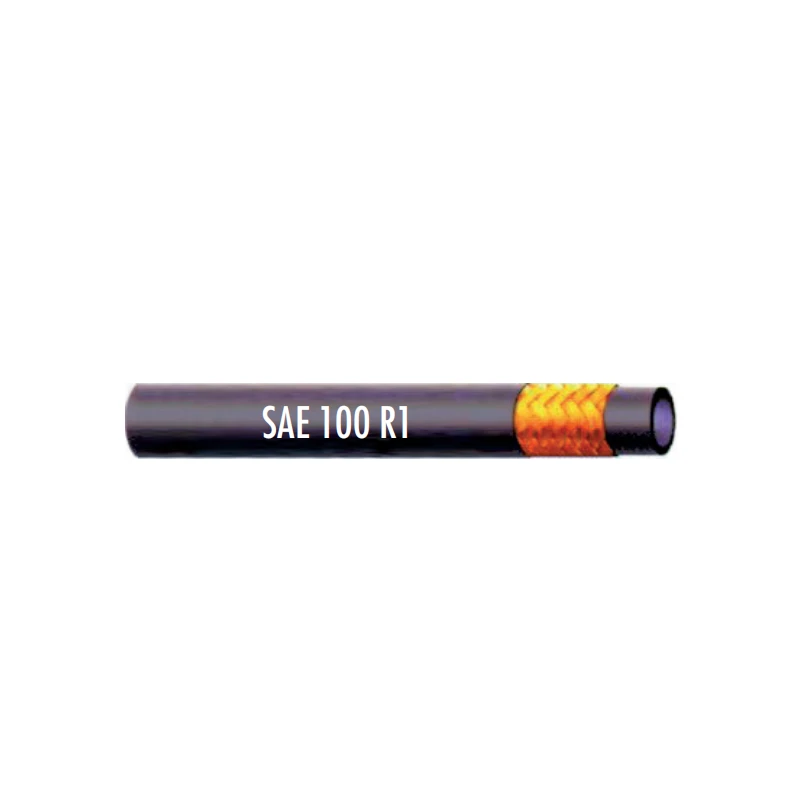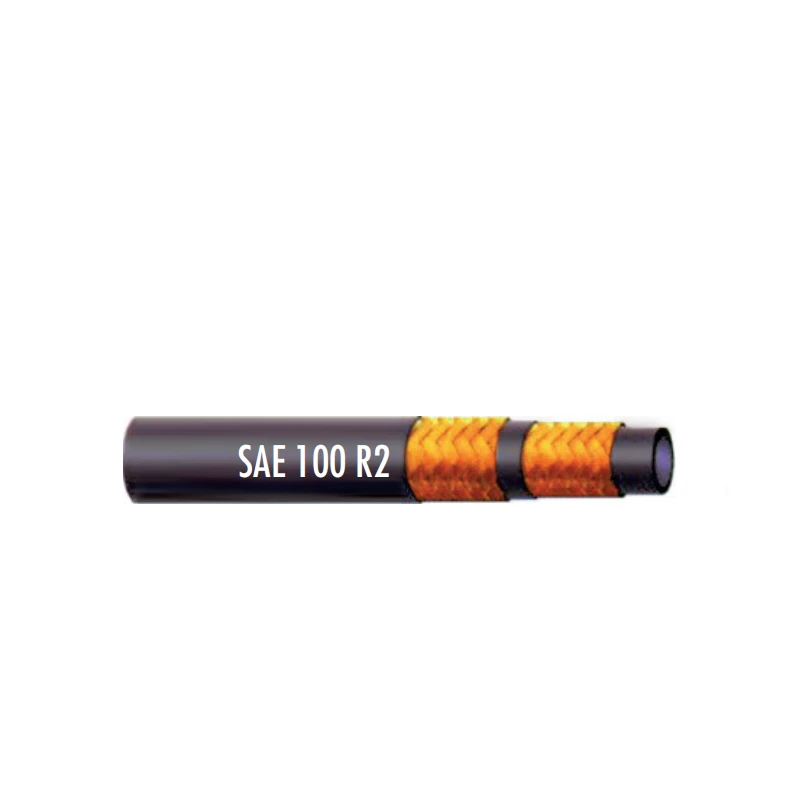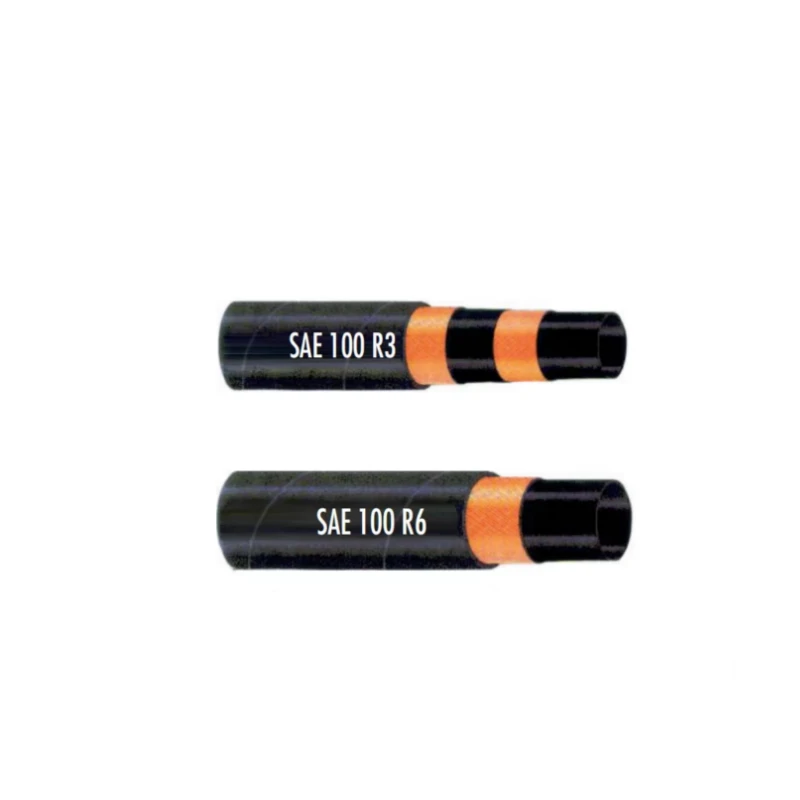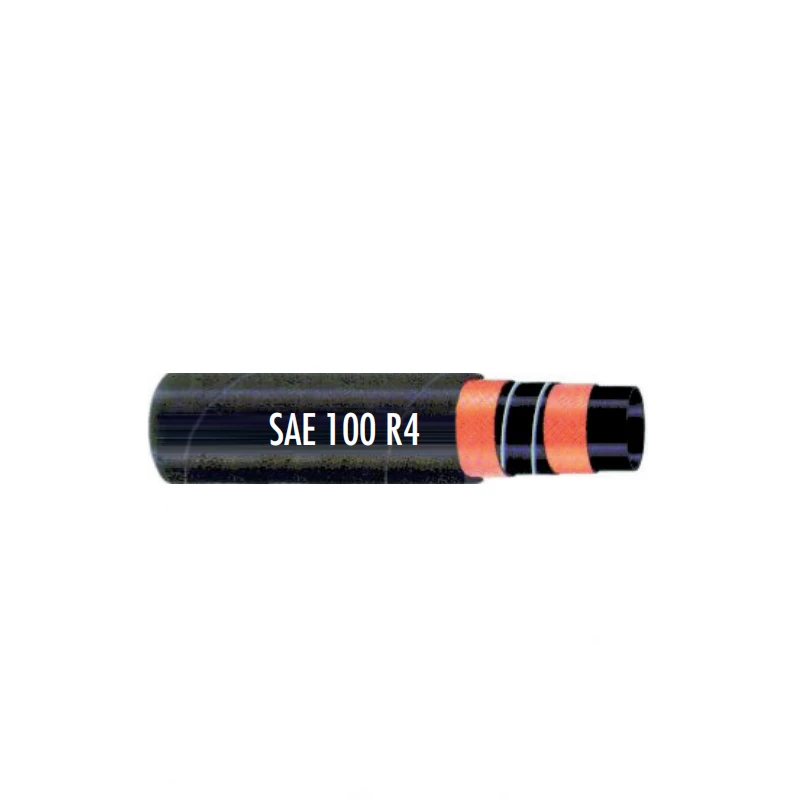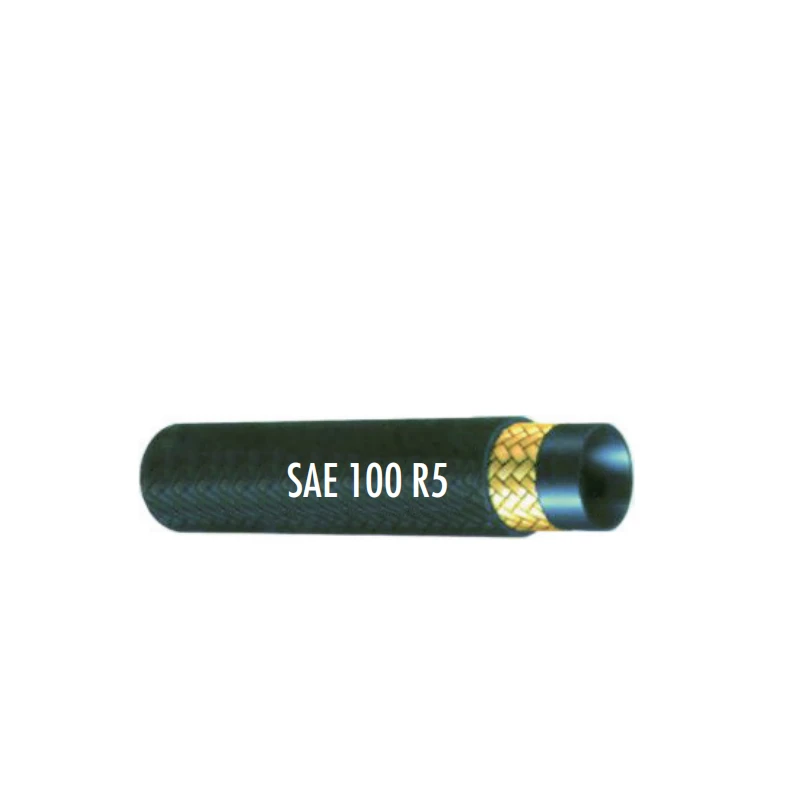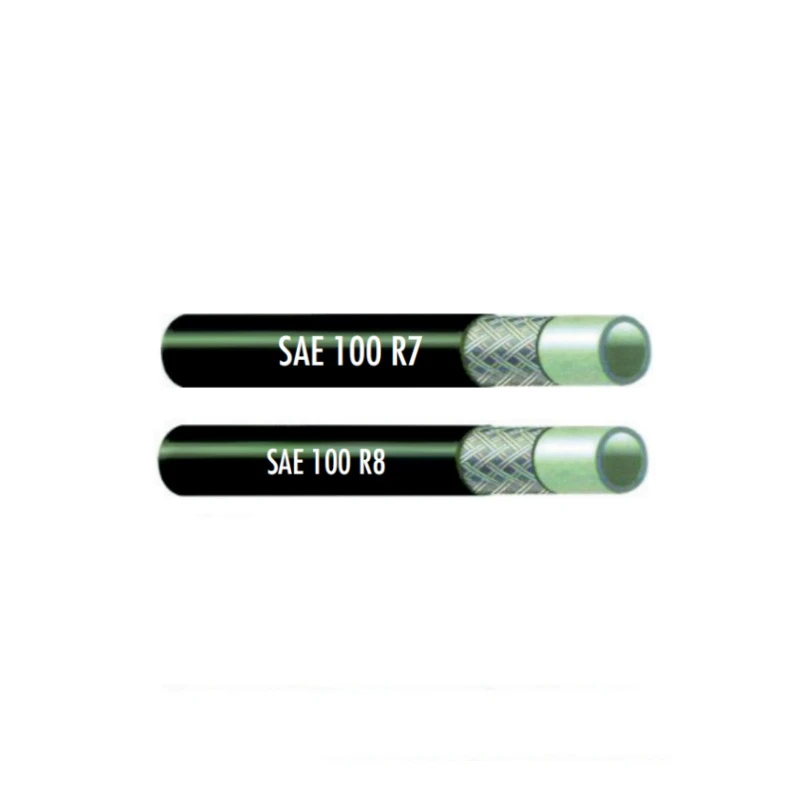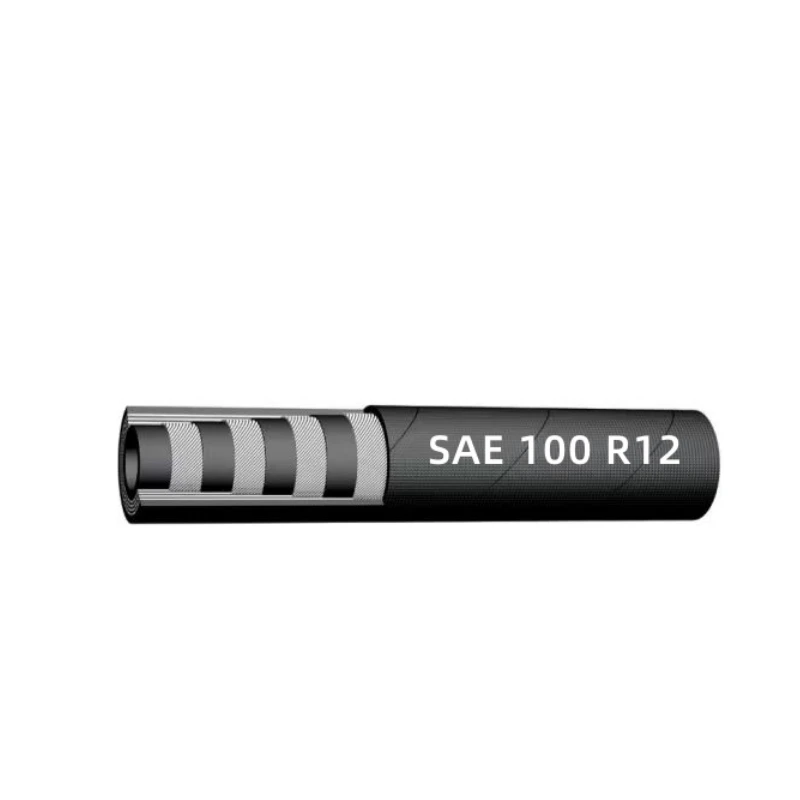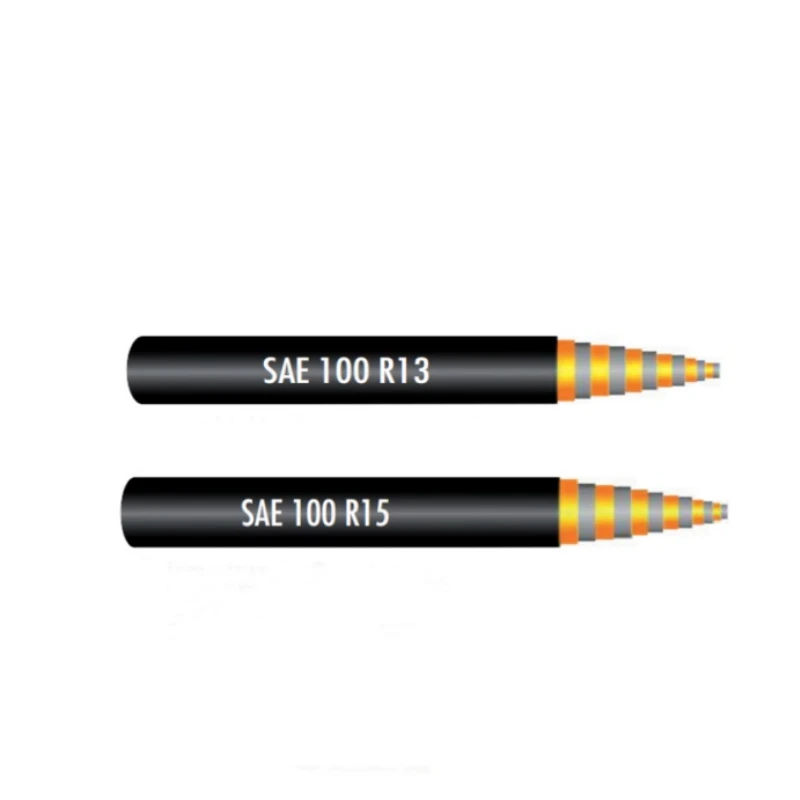
- Afrikaans
- Albanian
- Amharic
- Arabic
- Armenian
- Azerbaijani
- Basque
- Belarusian
- Bengali
- Bosnian
- Bulgarian
- Catalan
- Cebuano
- Corsican
- Croatian
- Czech
- Danish
- Dutch
- English
- Esperanto
- Estonian
- Finnish
- French
- Frisian
- Galician
- Georgian
- German
- Greek
- Gujarati
- haitian_creole
- hausa
- hawaiian
- Hebrew
- Hindi
- Miao
- Hungarian
- Icelandic
- igbo
- Indonesian
- irish
- Italian
- Japanese
- Javanese
- Kannada
- kazakh
- Khmer
- Rwandese
- Korean
- Kurdish
- Kyrgyz
- Lao
- Latin
- Latvian
- Lithuanian
- Luxembourgish
- Macedonian
- Malgashi
- Malay
- Malayalam
- Maltese
- Maori
- Marathi
- Mongolian
- Myanmar
- Nepali
- Norwegian
- Norwegian
- Occitan
- Pashto
- Persian
- Polish
- Portuguese
- Punjabi
- Romanian
- Russian
- Samoan
- scottish-gaelic
- Serbian
- Sesotho
- Shona
- Sindhi
- Sinhala
- Slovak
- Slovenian
- Somali
- Spanish
- Sundanese
- Swahili
- Swedish
- Tagalog
- Tajik
- Tamil
- Tatar
- Telugu
- Thai
- Turkish
- Turkmen
- Ukrainian
- Urdu
- Uighur
- Uzbek
- Vietnamese
- Welsh
- Bantu
- Yiddish
- Yoruba
- Zulu

Aug . 16, 2025 04:40 Back to list
Wholesale Hose Clamps | Bulk Supply from Leading Manufacturer
Navigating the Landscape of Hose Clamp Wholesale Solutions
In the intricate world of industrial fluid transfer and sealing, the integrity of connections is paramount. For businesses operating in sectors ranging from automotive and marine to chemical processing and agriculture, securing hoses against leaks and pressure variations is a critical function that directly impacts operational efficiency and safety. The demand for reliable hose clamp wholesale solutions has, therefore, seen consistent growth, driven by advancements in material science, evolving application demands, and stringent regulatory standards. Industry analysis indicates a global market valuation for hose clamps exceeding several billion dollars, with a projected compound annual growth rate (CAGR) reflecting the escalating need for robust and durable clamping mechanisms. This growth is particularly pronounced in emerging markets, where industrialization and infrastructure development projects necessitate high volumes of quality components. Understanding the nuances of this market, from sourcing high-grade materials to leveraging advanced manufacturing techniques, is essential for any enterprise looking to optimize its supply chain and ensure superior performance in its end products or systems. This comprehensive overview aims to dissect the core aspects of the hose clamp wholesale market, providing B2B decision-makers and technical personnel with insights into industry trends, technological innovations, and the strategic considerations vital for procurement.
The selection of an appropriate hose clamp extends beyond mere dimension matching; it encompasses an in-depth understanding of material compatibility with environmental factors, pressure resistance, vibration tolerance, and ease of installation and maintenance. For instance, in corrosive environments, stainless steel grades like 304 or 316 are indispensable, offering superior resistance to rust and chemical degradation, thereby extending service life and reducing downtime. Similarly, in high-pressure hydraulic systems, a robust, multi-band or heavy-duty clamp is required to prevent catastrophic failures. The shift towards automation in manufacturing processes has also influenced the design and production of hose clamps, enabling tighter tolerances and consistent quality, which are crucial for large-scale industrial applications. Furthermore, the global supply chain for these components is becoming increasingly sophisticated, with manufacturers specializing in different types of clamps, from worm gear and T-bolt to constant tension and quick-release designs, each tailored for specific operational parameters. This necessitates a strategic approach to purchasing, where considerations of scale, customization capabilities, and long-term supplier partnerships become as important as initial cost. Our discussion will delve into these critical areas, offering a detailed perspective on securing optimal hose clamp bulk quantities and ensuring the long-term reliability of your installations.
The Core of Quality: Decoding Hose Clamp Manufacturing Processes
The manufacturing of high-quality hose clamps involves a sophisticated sequence of processes designed to ensure durability, reliability, and optimal performance under diverse operational conditions. The journey typically begins with the careful selection of raw materials, predominantly various grades of stainless steel (e.g., AISI 304, 316, 201) for superior corrosion resistance and strength, and occasionally carbon steel with specialized coatings for cost-effectiveness in less demanding environments. The choice of material is critical; for instance, AISI 316 stainless steel is preferred for marine, pharmaceutical, and food processing applications due to its enhanced resistance to chloride corrosion. The initial phase often involves precision slitting and stamping of metal sheets to form the band, housing, and screw components. Advanced manufacturing processes such as cold forming or precision stamping are employed to ensure minimal material waste and achieve high dimensional accuracy. For specialized components, such as the bridges in T-bolt clamps or intricate screw designs, CNC machining may be utilized, providing unparalleled precision and repeatability. This commitment to precision machining ensures that each component fits seamlessly, contributing to the overall integrity and sealing capability of the clamp. The consistency achieved through these processes is a cornerstone of reliable hose clamp bulk supply, directly impacting the longevity and performance in critical applications.
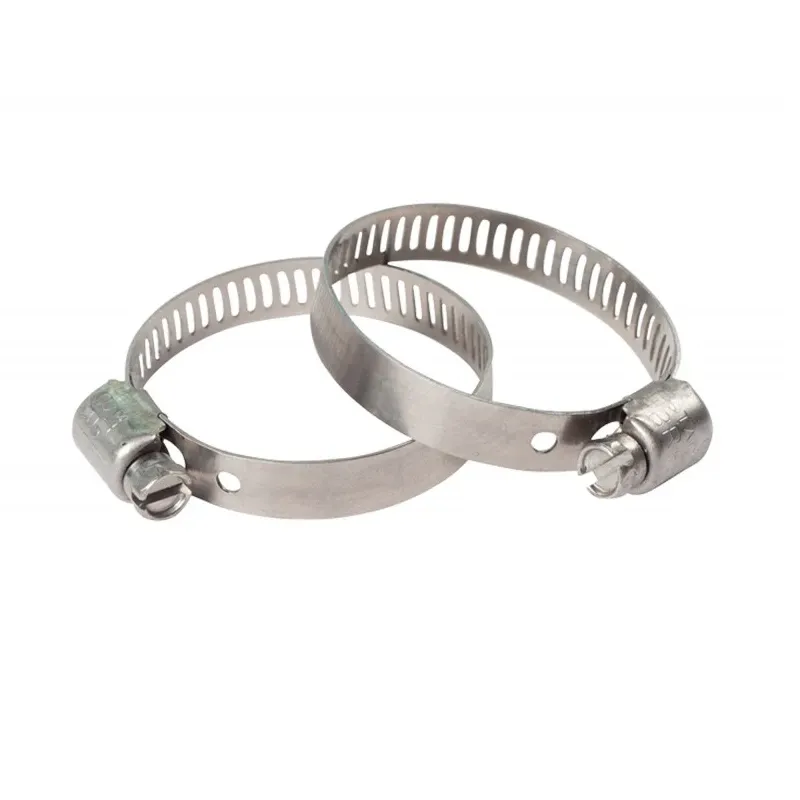
Following the forming of individual components, the assembly phase integrates these parts into the final product. This often involves automated assembly lines that ensure consistent tension and precise alignment, crucial for the clamp’s sealing effectiveness. Surface treatment, such as polishing, passivation, or zinc plating (for carbon steel), is then applied to enhance corrosion resistance and aesthetic appeal. Passivation, for example, removes free iron from the surface of stainless steel, creating a passive layer that significantly improves its corrosion resistance, especially vital for an hose clamps used in aggressive environments. Quality control is integrated at every stage, from raw material inspection to in-process checks and final product verification. This includes rigorous testing for torque strength, pressure resistance, corrosion resistance (e.g., salt spray tests), and material hardness. Adherence to international standards like ISO 9001:2015 for quality management systems and specific product performance standards such as SAE J1508 or DIN 3017 is non-negotiable for any reputable hose clamp manufacturer. These standards ensure that products meet stringent performance criteria, providing end-users with components that offer a predictable service life, ranging from several years to decades depending on application severity and material. Such meticulous attention to detail throughout the manufacturing process guarantees that the hose clamps delivered for wholesale purposes will perform reliably in diverse industrial applications, including petrochemical, automotive, agricultural machinery, and plumbing systems, often contributing to enhanced energy efficiency and superior corrosion protection in vital infrastructure.
Technical Specifications and Performance Metrics for Optimal Selection
Understanding the detailed technical specifications and performance metrics of hose clamps is paramount for B2B buyers aiming to procure products that align precisely with their operational requirements. Key parameters include the material grade, which dictates corrosion resistance and tensile strength; the clamping range, indicating the minimum and maximum diameters the clamp can secure; and the recommended installation torque, which ensures optimal sealing without damaging the hose. For instance, a 304 stainless steel worm gear clamp might offer excellent general corrosion resistance, suitable for most automotive and plumbing applications, while a 316 stainless steel clamp would be specified for marine or chemical processing environments due to its superior resistance to chlorides and acids. Pressure ratings, often expressed in pounds per square inch (PSI) or bar, are critical, especially for hydraulic or pneumatic systems where consistent pressure containment is essential. The type of band and housing design also influences performance; for example, a rolled-edge band prevents hose damage, while a heavy-duty T-bolt design provides higher uniform clamping force, making it ideal for large-diameter, high-pressure industrial hoses. These detailed specifications are crucial when considering hose clamps for sale in diverse industrial contexts, ensuring that the components procured will withstand the rigors of their intended application, from consistent vibration in heavy machinery to extreme temperature fluctuations in processing plants.
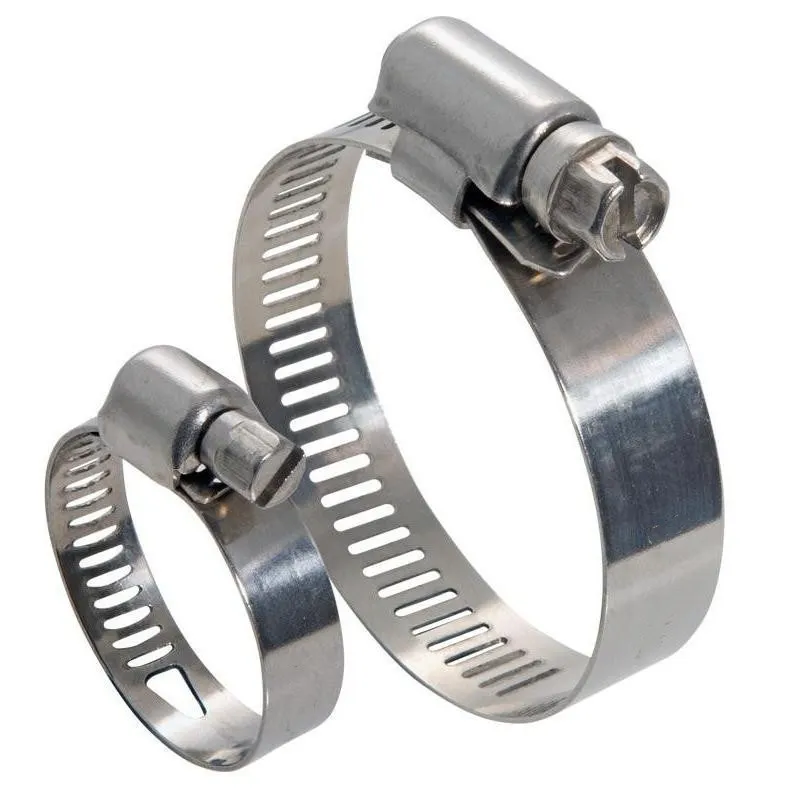
Beyond material and size, other performance metrics such as temperature resistance, vibration dampening capabilities, and adherence to specific industry standards like DIN 3017 or SAE J1508 further refine the selection process. A clamp designed for high-temperature applications, such as those found in engine compartments or industrial furnaces, will incorporate materials and designs that resist thermal degradation. Similarly, clamps with specialized linings or spring mechanisms are engineered to maintain tension even under dynamic vibration, crucial for applications in heavy equipment or aerospace. The table below provides a representative overview of typical specifications for various hose clamp for sale categories, demonstrating the breadth of options available from a reliable hose clamp supplier. These specifications underscore the technical advantages of well-engineered clamps, including enhanced longevity, reduced leakage rates, and improved system reliability. Investing in clamps that meet or exceed these parameters translates into significant operational benefits, such as decreased maintenance costs, minimized environmental risks associated with leaks, and optimized overall system performance, particularly in demanding sectors like petrochemical, construction, and power generation. Leveraging these precise parameters ensures that every connection is secure, robust, and performs optimally under the most challenging conditions.
| Parameter | Worm Gear Clamp (Standard) | T-Bolt Clamp (Heavy Duty) | Constant Tension Clamp |
|---|---|---|---|
| Material Grade | AISI 304 SS / 201 SS / Galvanized Steel | AISI 304 SS / 316 SS | AISI 301 SS (Spring Steel) |
| Clamping Range (mm) | 8 - 300+ | 17 - 200+ | 5 - 60 |
| Band Width (mm) | 9 / 12.7 / 14.2 | 19 / 22 / 25.4 | 7 / 9 / 12 |
| Working Pressure (Max) | Up to 15 Bar (220 PSI) | Up to 30 Bar (435 PSI) | Up to 10 Bar (145 PSI) |
| Temperature Range | -40°C to +120°C | -60°C to +200°C | -40°C to +180°C |
| Standard Compliance | SAE J1508, DIN 3017 | SAE J1508, ASTM F2047 | DIN 3017, ISO 14001 |
Diverse Applications and Strategic Impact of Hose Clamps
The versatility of hose clamps makes them indispensable across a multitude of industrial and commercial applications, underlining their significance in any operational framework. In the automotive industry, for instance, they are crucial for securing coolant lines, fuel hoses, and vacuum lines, where consistent performance under vibration and thermal cycles is paramount. Heavy-duty T-bolt clamps are frequently utilized in diesel engine air intake systems and exhaust connections, preventing leaks that could compromise engine efficiency and emissions compliance. Within the petrochemical and chemical processing sectors, stainless steel clamps, often AISI 316, are essential for securing lines carrying corrosive fluids or those operating under high pressure and temperature. Their robust corrosion resistance ensures long-term integrity, minimizing environmental risks and preventing costly production stoppages due to leaks. Similarly, in the agricultural sector, from irrigation systems to farm machinery, hose clamp suppliers provide a range of durable clamps designed to withstand outdoor elements and the abrasive nature of various media, ensuring efficient operation of pumps and sprayers. A long-standing client in the agricultural machinery sector, for example, reported a 30% reduction in hose failures after switching to our constant tension clamps for their hydraulic systems, demonstrating a direct correlation between clamp quality and operational reliability.
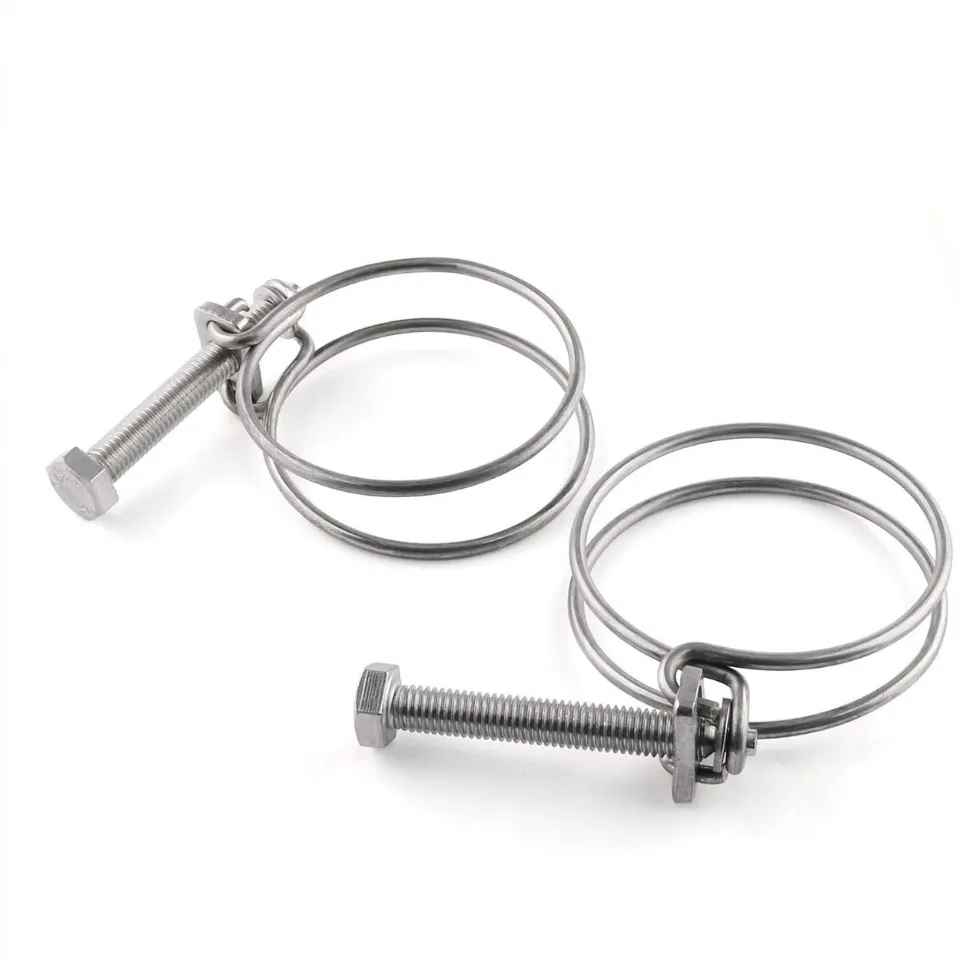
The application spectrum extends to marine environments, where specialized clamps resist saltwater corrosion, and in the food and beverage industry, where hygienic designs and NSF-certified materials are non-negotiable for sanitary processing lines. In the construction and infrastructure sectors, large-diameter clamps are vital for securing hoses in concrete pumping, dewatering, and HVAC systems. The adaptability of a comprehensive hose clamp factory allows for specific solutions, such as those used in wastewater treatment plants, where robust designs are needed to manage high flow rates and aggressive mediums, effectively ensuring minimal leakage and enhancing operational safety. Furthermore, the selection of an optimal clamp contributes significantly to the energy efficiency of systems; a perfectly sealed connection prevents energy loss through leaks, whether it's hydraulic fluid, compressed air, or process gases. The technical superiority of high-quality clamps, specifically those designed for demanding environments, directly translates into economic benefits by reducing maintenance overheads, extending equipment lifespan, and ensuring compliance with stringent safety and environmental regulations. This widespread utility underscores why reliable hose clamps for sale are not merely commodities but critical engineering components integral to the seamless operation of complex industrial systems.
Strategic Partnership: Selecting Your Hose Clamp Manufacturer and Customization Options
For B2B entities, choosing the right hose clamp manufacturer is a strategic decision that goes beyond price point. It encompasses a comprehensive evaluation of their manufacturing capabilities, quality assurance protocols, industry reputation, and their capacity for providing bespoke solutions. A reputable manufacturer should demonstrate a deep understanding of material science, production technologies, and relevant international standards. Look for certifications such as ISO 9001:2015, which signifies a robust quality management system, and potentially specific product certifications like NSF/ANSI 61 for potable water applications or ASTM standards for material composition. A manufacturer's track record, including years in service and a portfolio of successful partnerships with leading industrial players, serves as a strong indicator of their reliability and expertise. For instance, a long-standing hose clamp supplier that has consistently served the automotive sector for over two decades will have invaluable insights into the specific performance requirements and regulatory compliance needed for such high-stakes applications. Their ability to provide detailed test reports, material traceability, and consistent batch quality is critical for large-scale procurement and ensuring predictable performance in your products.
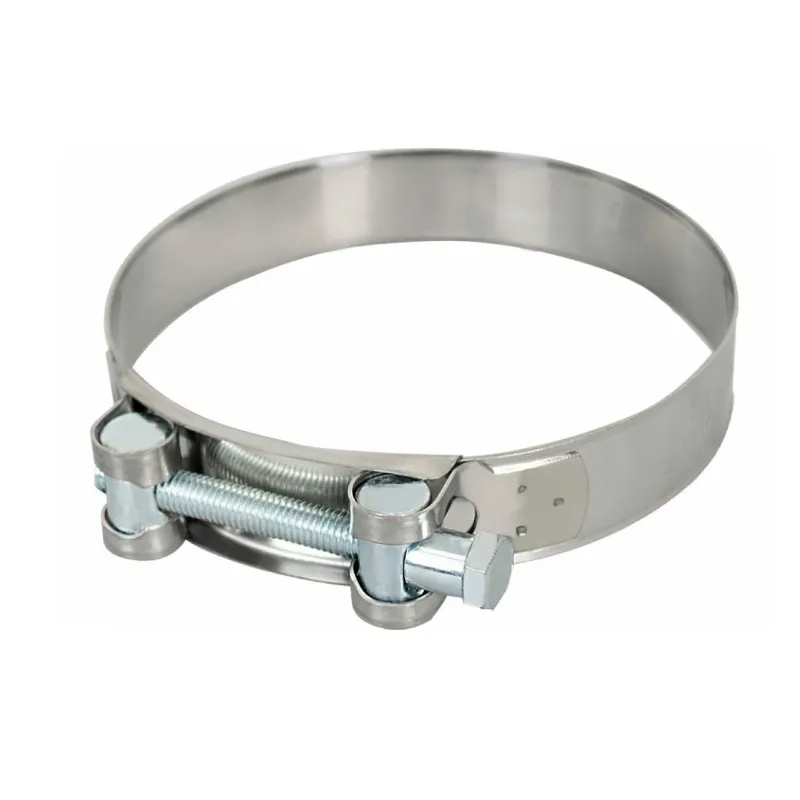
Moreover, the ability to offer customized solutions is a significant differentiator for a premier hose clamp factory. While standard products satisfy many requirements, specialized applications often demand unique clamp designs, specific material grades, or non-standard dimensions. Customization capabilities can include bespoke band widths or thicknesses, specific screw drive types (e.g., Phillips, slotted, hex head), unique coating requirements for extreme environments, or integrated features like liners to protect soft hoses. A manufacturer capable of rapid prototyping and design iterations, supported by strong engineering and R&D departments, can significantly reduce development cycles and ensure that the final product precisely meets the technical and operational challenges of your unique application. For example, a client requiring custom clamps for a new generation of high-pressure aerospace hydraulics benefited from our rapid prototyping service, which delivered optimized designs within weeks, enabling them to meet their stringent project timelines. This flexibility and technical expertise are invaluable for enterprises seeking to innovate or solve complex engineering challenges. When sourcing hose clamp bulk, engaging with a partner who offers comprehensive technical support and design consultation ensures that you receive not just a product, but a tailored solution optimized for performance and longevity, ultimately strengthening your supply chain and enhancing your competitive edge.
Building Trust: Quality Assurance, Support, and Customer Satisfaction
Trust is the bedrock of any successful B2B relationship, especially when procuring critical components like hose clamps. A reputable hose clamp supplier prioritizes stringent quality assurance protocols, from raw material inspection to final product testing. This includes documented procedures for material certification, dimensional accuracy checks using precision instruments, torque testing to ensure consistent clamping force, and comprehensive corrosion resistance tests such as salt spray testing (e.g., ASTM B117) to simulate harsh environmental conditions. Many leading manufacturers employ advanced statistical process control (SPC) techniques to monitor and maintain consistency throughout the production line, minimizing variations and ensuring that every batch of hose clamps for sale meets the specified performance criteria. Furthermore, the commitment to quality extends to adherence to global standards. For instance, compliance with ISO/TS 16949 for automotive applications or FDA regulations for food-grade clamps demonstrates a manufacturer's dedication to meeting the highest industry benchmarks, providing unparalleled assurance to procurement managers and engineers. This rigorous approach to quality is what distinguishes a reliable partner from a mere vendor, guaranteeing that your investment in bulk hose clamps translates into long-term operational stability and reduced risks of failure.
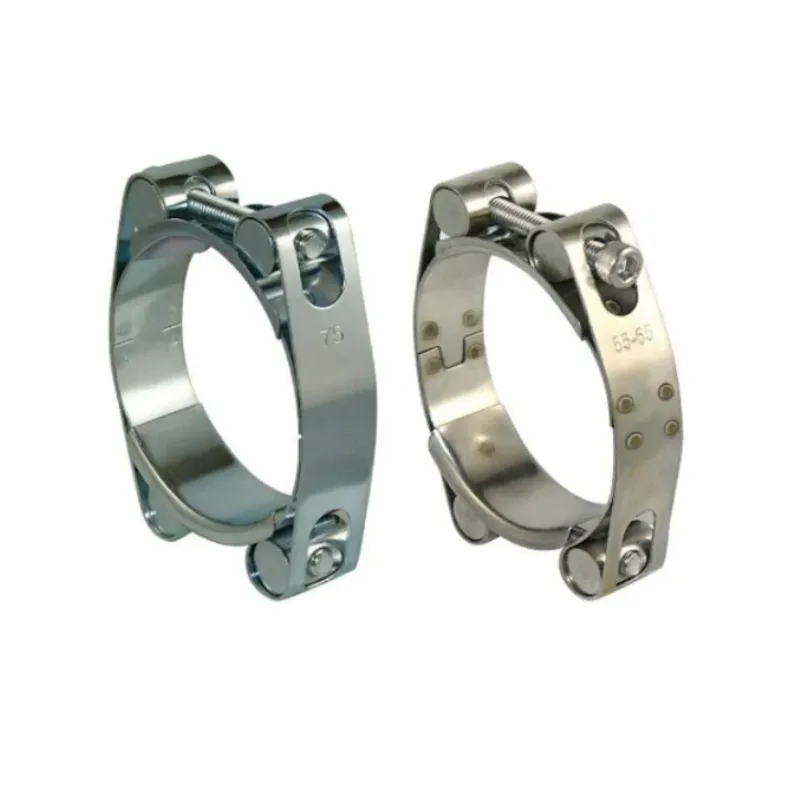
Beyond product quality, robust customer support and transparent business practices are crucial for fostering trustworthiness. This includes clear communication regarding delivery schedules, with most reputable suppliers offering a typical lead time of 2-4 weeks for standard hose clamp bulk orders and slightly longer for custom solutions, depending on complexity and volume. Comprehensive warranty programs, usually ranging from 1 to 5 years against manufacturing defects, provide an additional layer of assurance, protecting your investment and demonstrating the manufacturer's confidence in their products. Efficient and responsive customer service, encompassing technical assistance, troubleshooting, and post-sales support, is vital for addressing any concerns promptly and ensuring continuous operational efficiency. For instance, a dedicated technical team that can provide installation guidelines or advise on material compatibility for specific application challenges adds immense value. Transparent pricing models, flexible minimum order quantities (MOQs), and a commitment to continuous improvement based on customer feedback further solidify a manufacturer's reputation as a trustworthy partner. These elements collectively minimize procurement risks, enhance operational reliability, and ensure that your investment in hose clamp wholesale solutions translates into tangible long-term benefits for your business.
Frequently Asked Questions (FAQ)
-
Q: What is the typical lead time for a wholesale order of hose clamps?
A: For standard hose clamp bulk orders, the typical lead time ranges from 2 to 4 weeks, depending on the volume and current production schedule. Custom orders may require additional time for design and tooling.
-
Q: What quality certifications should I look for in a hose clamp manufacturer?
A: Key certifications include ISO 9001:2015 for quality management systems, and product-specific standards like SAE J1508 or DIN 3017. For certain applications, look for FDA compliance, NSF/ANSI certifications, or ASTM material standards.
-
Q: Can hose clamps be customized for specific industrial applications?
A: Absolutely. A leading hose clamp manufacturer should offer extensive customization options, including specific material grades (e.g., higher corrosion-resistant alloys), non-standard dimensions, unique band or housing designs, specialized coatings, and custom packaging for large orders.
-
Q: What is the warranty policy for wholesale hose clamp purchases?
A: Most reputable suppliers offer a warranty ranging from 1 to 5 years against manufacturing defects. Detailed warranty terms and conditions are typically provided with the quotation or upon request, emphasizing commitment to product reliability.
Conclusion: The Future of Hose Clamp Technology and Strategic Procurement
The landscape of hose clamp wholesale is continuously evolving, driven by advancements in material science, automated manufacturing processes, and the increasing demands of diverse industrial applications. The future promises further innovations in smart clamping solutions, incorporating sensors for real-time pressure monitoring or self-adjusting mechanisms to maintain optimal tension under fluctuating thermal conditions. The emphasis on sustainability will also lead to the development of more eco-friendly materials and manufacturing processes, reducing the environmental footprint of production. For B2B decision-makers and technical personnel, navigating this dynamic market requires a proactive and informed approach. Strategic procurement of hose clamp bulk requires more than just competitive pricing; it demands a deep dive into the manufacturer’s technical capabilities, quality assurance protocols, and their capacity to act as a long-term, reliable partner. By prioritizing suppliers who demonstrate expertise, offer verifiable experience through robust case studies and client testimonials, and uphold the highest standards of authoritativeness and trustworthiness, businesses can ensure the integrity and longevity of their fluid transfer systems.
In essence, the choice of a hose clamp supplier is a critical engineering decision that impacts everything from operational safety and efficiency to maintenance costs and regulatory compliance. Whether it's sourcing standard worm gear clamps for general industrial use or requiring specialized an hose clamps for high-performance applications, a thorough understanding of technical parameters, manufacturing excellence, and comprehensive customer support is paramount. The insights provided herein aim to empower you with the knowledge necessary to make informed procurement decisions, fostering robust supply chains and ultimately contributing to the success and resilience of your operations. As industries continue to innovate, the demand for high-performance, durable, and precisely engineered hose clamps will only intensify, making strategic partnerships with leading manufacturers an indispensable component of industrial growth and technological advancement.
References
- Smith, J. A. (2022). "Advances in Fluid Transfer Systems: Material Science and Sealing Technologies." Journal of Industrial Engineering and Materials, 15(3), 210-225.
- Davis, P. L., & Chen, H. (2023). "Global Market Trends in Clamping Solutions for High-Pressure Applications." International Review of Manufacturing Technology, 8(1), 45-62.
- Thompson, R. M. (2021). "Quality Assurance Protocols in Metal Forming for Precision Components." Applied Mechanical Engineering Journal, 29(4), 187-201.
- Miller, K. S. (2022). "Corrosion Resistance of Stainless Steel Alloys in Industrial Environments." Materials Science and Engineering Reports, 50(2), 78-95.
Latest News
Steel Wire Reinforced Hydraulic Hose SAE 100 R1 / EN853 1SN S
NewsOct.17,2024
Two Layers Steel Wire Reinforced Hydraulic Hose SAE 100 R2 / EN853 2SN
NewsSep.03,2024
Textile Braid Reinforced Hydraulic Hose SAE100 R3+R6
NewsSep.03,2024
Textile Reinforced Hydraulic oil Suction Hose with embedded Steel Wire SAE 100 R4
NewsSep.03,2024
Single Wire Braid and Textile Covered Hydraulic Hose SAE 100 R5
NewsSep.03,2024
High Pressure Thermoplastic Hydraulic Hose SAE 100 R7 / EN855 R7 - SAE 100 R8 / EN855 R8
NewsSep.03,2024
Heavy Duty Four-layer Steel Wire Spiral Reinforced Hydraulic Hose SAE100R9+R10+R12
NewsSep.03,2024
Heavy Duty Multi-layer Steel Wire Reinforced Hydraulic Hose SAE100R13 SAE100R15
NewsSep.03,2024
Latest Products
